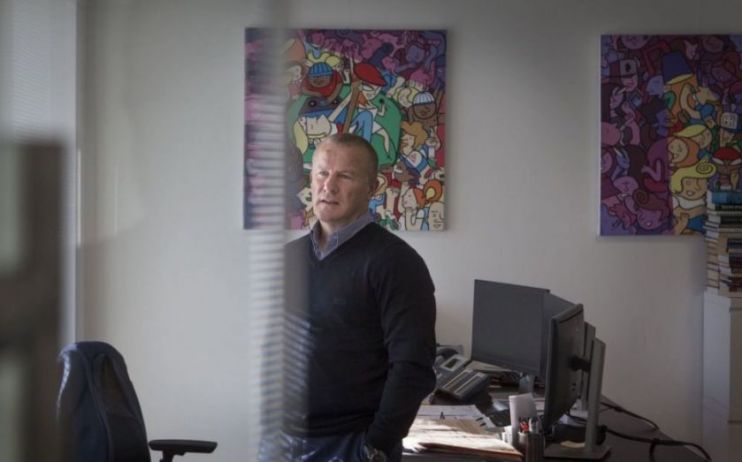Advisers call on FCA to strengthen investor protections following Woodford collapse

Financial advisers have called on the City’s watchdog to impose stronger investor protections where illiquid assets are held in funds, drawing on lessons learned from the collapse of Neil Woodford’s flagship fund.
Since the fund was shuttered by former star stockpicker Woodford in late 2019, the biggest lesson learned among financial advisers was to give more consideration to liquidity when choosing investments, according to new research from the Association of Investment Companies (AIC).
Notably, there is widespread agreement among the majority (72 per cent) of advisers that there are insufficient controls on how funds operate where they hold illiquid assets.
While 47 per cent of financial advisers surveyed by the AIC prioritised liquidity considerations, 41 per cent said the most important takeaway was to be less trusting of a fund manager’s reputation.
Meanwhile, three-quarters of advisers (75 per cent) said they have changed their processes in some way as a result of Woodford. Their most common behaviour changes were to check the level of exposure to unquoted companies in funds, discount fund manager reputation in investment decisions, and read fund factsheets and prospectuses in greater detail.
“Advisers clearly identify the Woodford fund’s exposure to unquoted companies as the number one reason behind its suspension and eventual failure,” said Richard Stone, chief executive of the AIC.
“Whenever open-ended funds hold hard-to-sell assets, there will be a risk of such problems.”
“The proposed Long-Term Asset Fund needs to be carefully designed to minimise such risks and, as an untested product, it should not be widely distributed until it has proved itself through an economic cycle.”
It comes half a year after investors who lost money when Woodford’s fund collapsed sued financial adviser Hargreaves Lansdown and corporate director Link in a bid to recoup their savings.
The legal action, led by RGL Management, centred around losses sustained directly as a result of the failure of the Woodford Equity Income Fund in 2019.
RGL said that investment platform Hargreaves Lansdown continued to recommend the fund to its clients up to the day of the collapse, “despite being aware of longstanding portfolio diversification and liquidity issues”.
Investors stuck in Neil Woodford’s collapsed flagship fund are still waiting, and will have to wait until at least 2022, to claw back the £124m remaining in the fund.
In an update for shareholders in August, fund administrator Link said that it was “hoped that the sale of the remaining assets will be concluded in 2022”.
Shareholders have thus far seen £2.5bn of capital returned to them after four tranches of payouts, the last of which came in November 2020.
But a remaining £123.6m remains invested in nine companies, including Atom Bank and Benevolent AI.